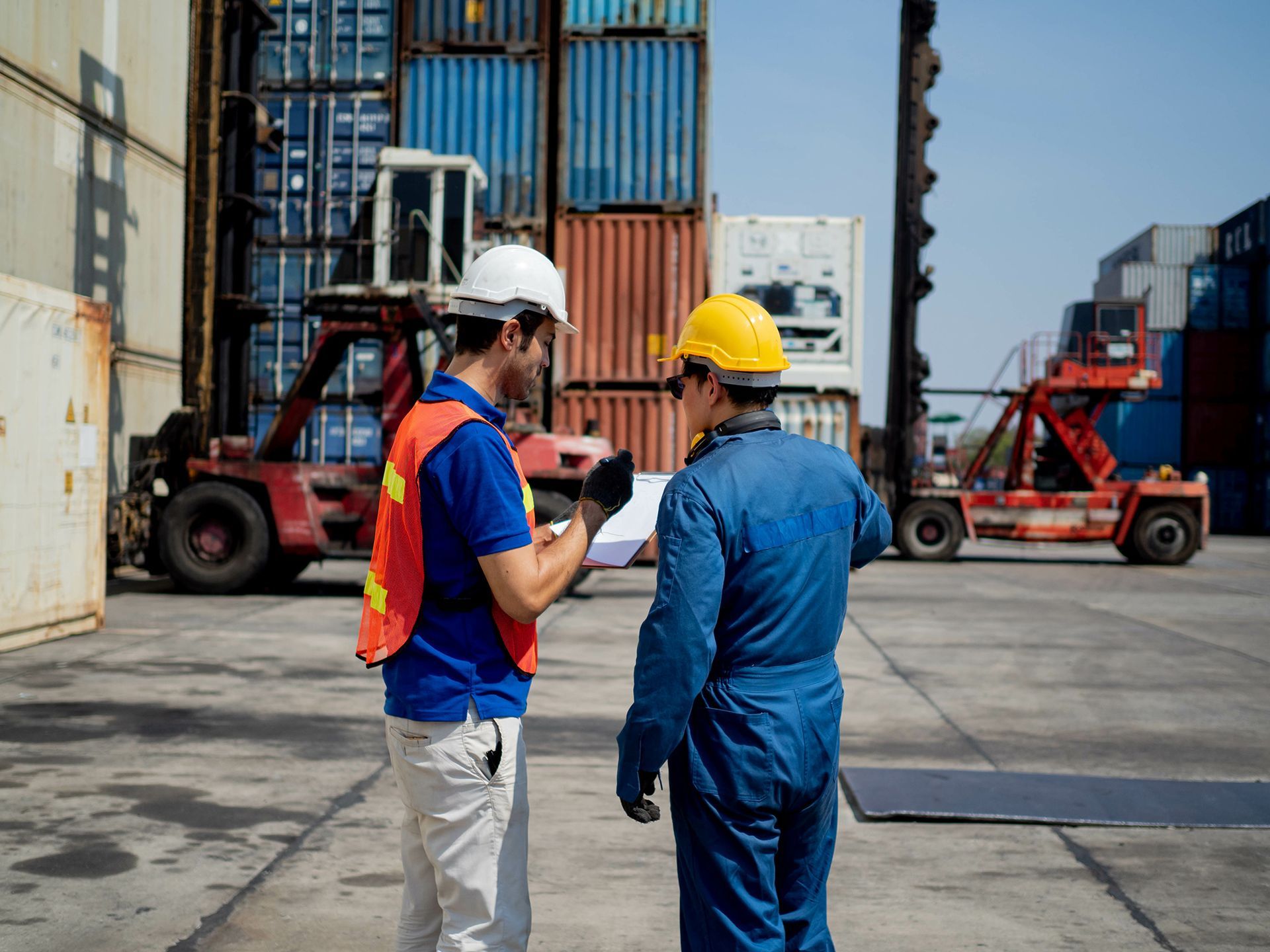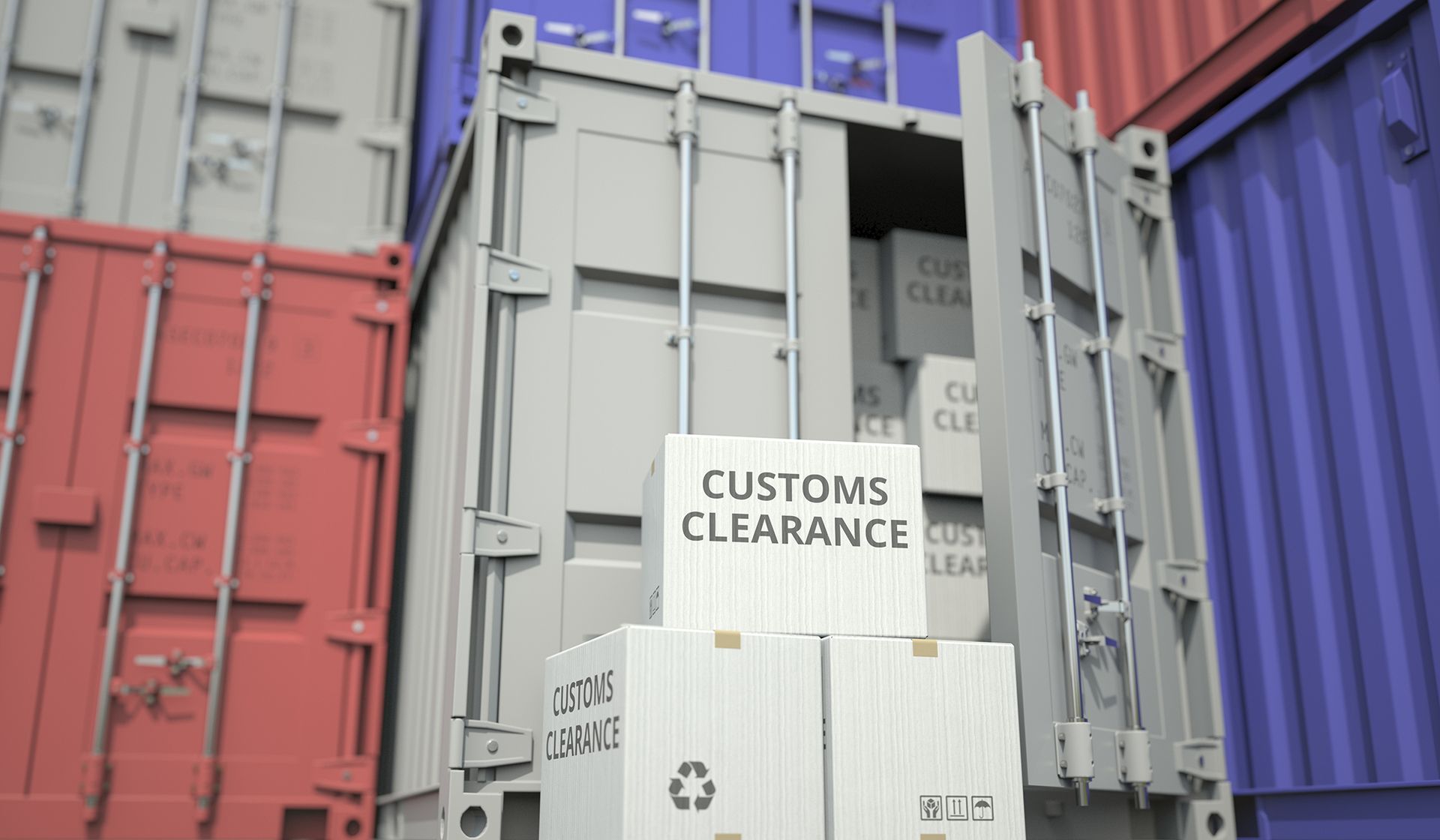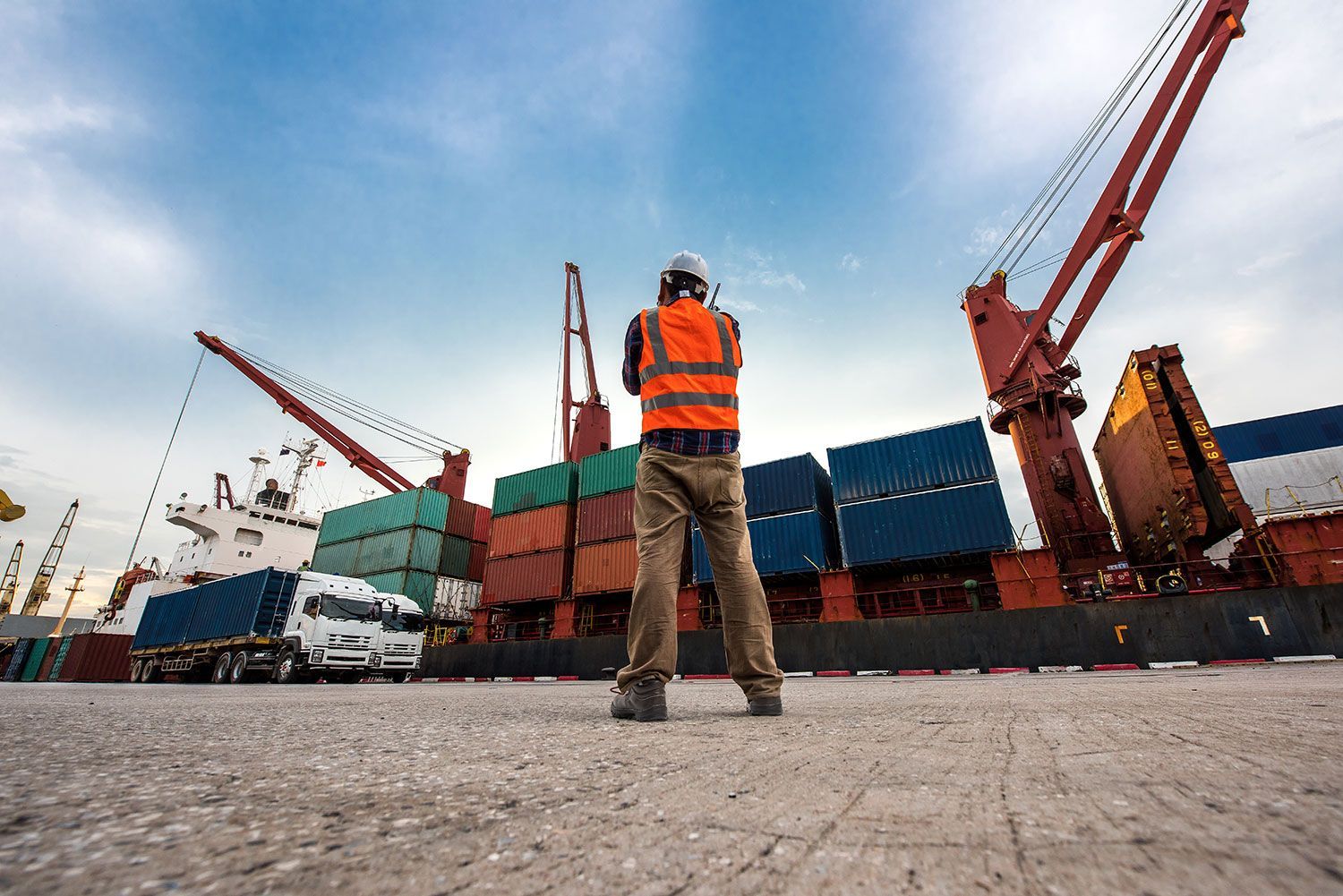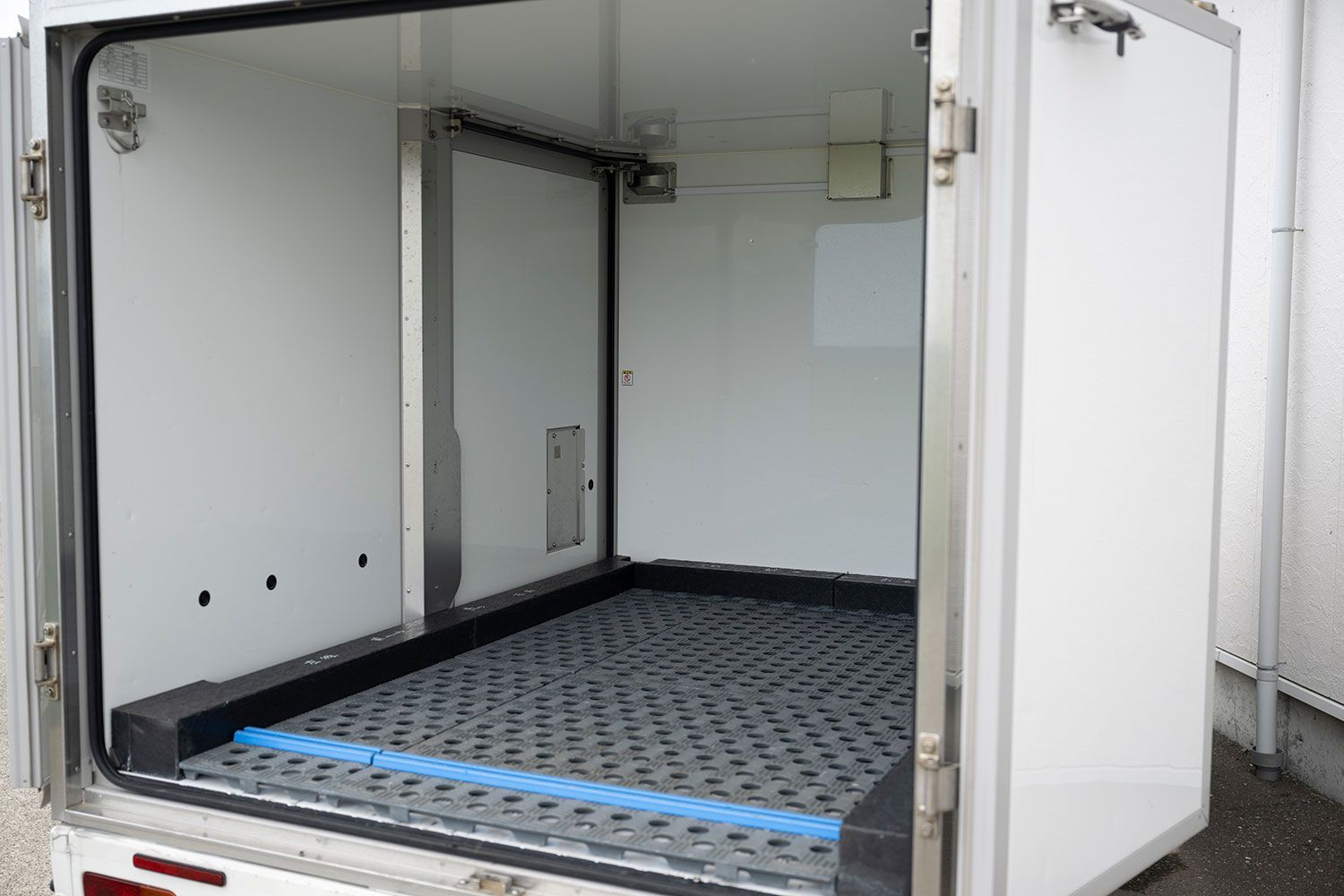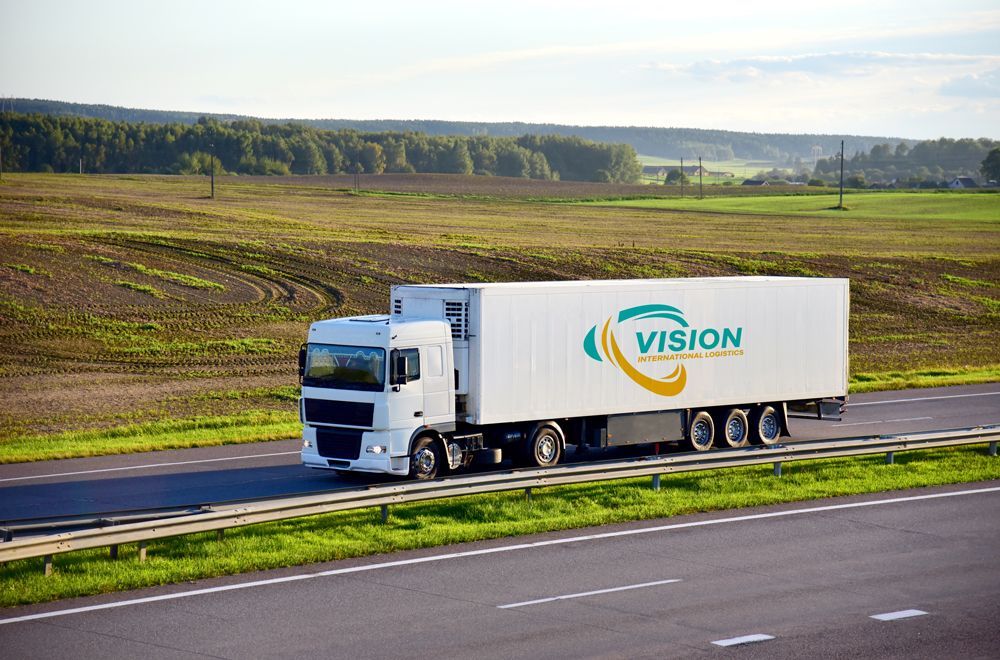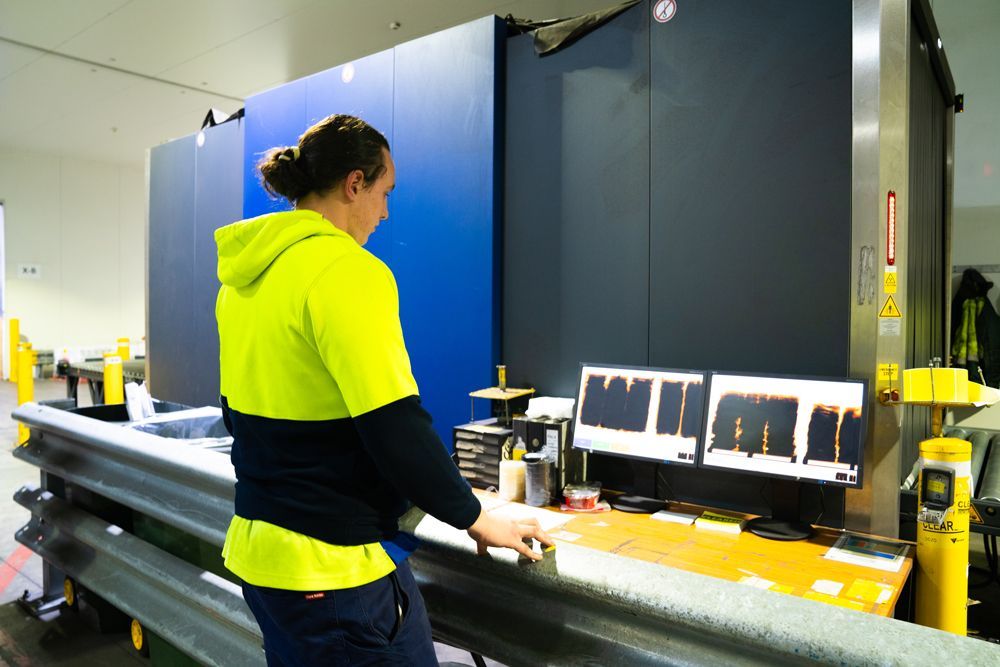Shipping Companies in Brisbane - Navigating the Global Trade Network

These days, global trade is the lifeblood of the economy, and shipping companies play a critical role in ensuring the smooth and efficient movement of goods across borders.
As a central logistics hub in Australia, Brisbane is home to a range of shipping companies that have honed their expertise in international trade. These companies ensure that products move efficiently across the globe and help businesses stay competitive by offering reliable and tailored solutions.
In this article, we’ll explore how shipping companies in Brisbane manage the challenges of global trade and why their expertise is critical in ensuring the success of supply chains for businesses of all sizes.
Brisbane's Role in the Global Shipping Networks Role in the Global Shipping Network
Brisbane’s strategic location along Australia’s eastern seaboard positions it as a critical point in the global shipping network.
With one of the country’s busiest and most modern ports, Port of Brisbane, the city is a gateway for international trade, connecting Australian businesses to markets in Asia, Europe, and North America. d North America.
Brisbane’s shipping companies are well-versed in handling import and export logistics, from containerised cargo to bulk shipping. The city serves as a gateway for international trade, connecting Australian businesses to markets in Asia, Europe, and North America. , the city serves as a gateway for international trade, connecting Australian businesses to markets in Asia, Europe, and North America.
As experienced international freight forwarders, Vision works closely with customs brokers and logistics providers to ensure that goods move seamlessly across borders. Our ability to undertake complex customs regulations, manage documentation, and coordinate multi-modal transport solutions (sea, air, and land) makes us indispensable partners for businesses looking to expand their global reach.
Overcoming Global Trade Complexities
The global trade network comes with its own set of challenges.
Shipping companies in Brisbane must handle a range of variables, from fluctuating fuel costs and currency exchange rates to evolving trade policies and international regulations. These companies must also ensure compliance with local laws, environmental standards, and safety protocols, particularly as global trade becomes more tightly regulated.
Furthermore, the ongoing disruptions caused by events such as the COVID-19 pandemic, geopolitical tensions, and supply chain bottlenecks have tested the resilience of shipping companies worldwide. Shipping companies have responded to these challenges by adopting new technologies, streamlining their operations, and building stronger relationships with global partners to maintain the smooth flow of goods.
Shipping companies now widely use automated and real-time tracking systems to improve the visibility of shipments and optimise delivery schedules. These innovations allow businesses to monitor their shipments from departure to final destination, reducing the risk of delays and ensuring timely deliveries.
The Importance of Choosing the Right Shipping Partner – Vision International Logistics
Finding the right shipping partner is crucial for businesses looking to thrive in the global market.
A reliable and experienced shipping company can help streamline the logistics process, reduce shipping costs, and ensure that your goods are delivered on time, no matter the destination.
At Vision International, our experts have the local knowledge and global connections necessary to navigate the ever-changing international trade landscape. By partnering with a trusted provider, businesses can gain a competitive edge, ensuring their products reach global markets efficiently and with minimal disruptions.
Experiencing the Global Trade Network with Ease
Brisbane’s shipping companies are vital players in the global trade network, providing businesses with the expertise, technology, and flexibility needed to navigate the complexities of international shipping.
As global trade continues to evolve, the role of these companies will only become more important, helping Australian businesses stay competitive in an increasingly interconnected world.
Whether you’re looking to expand your business into new markets or streamline your existing supply chain, Vision International Logistics is here to help.
Find out more about our freight forwarding and international freight forwarding services.
Contact us today to get started.
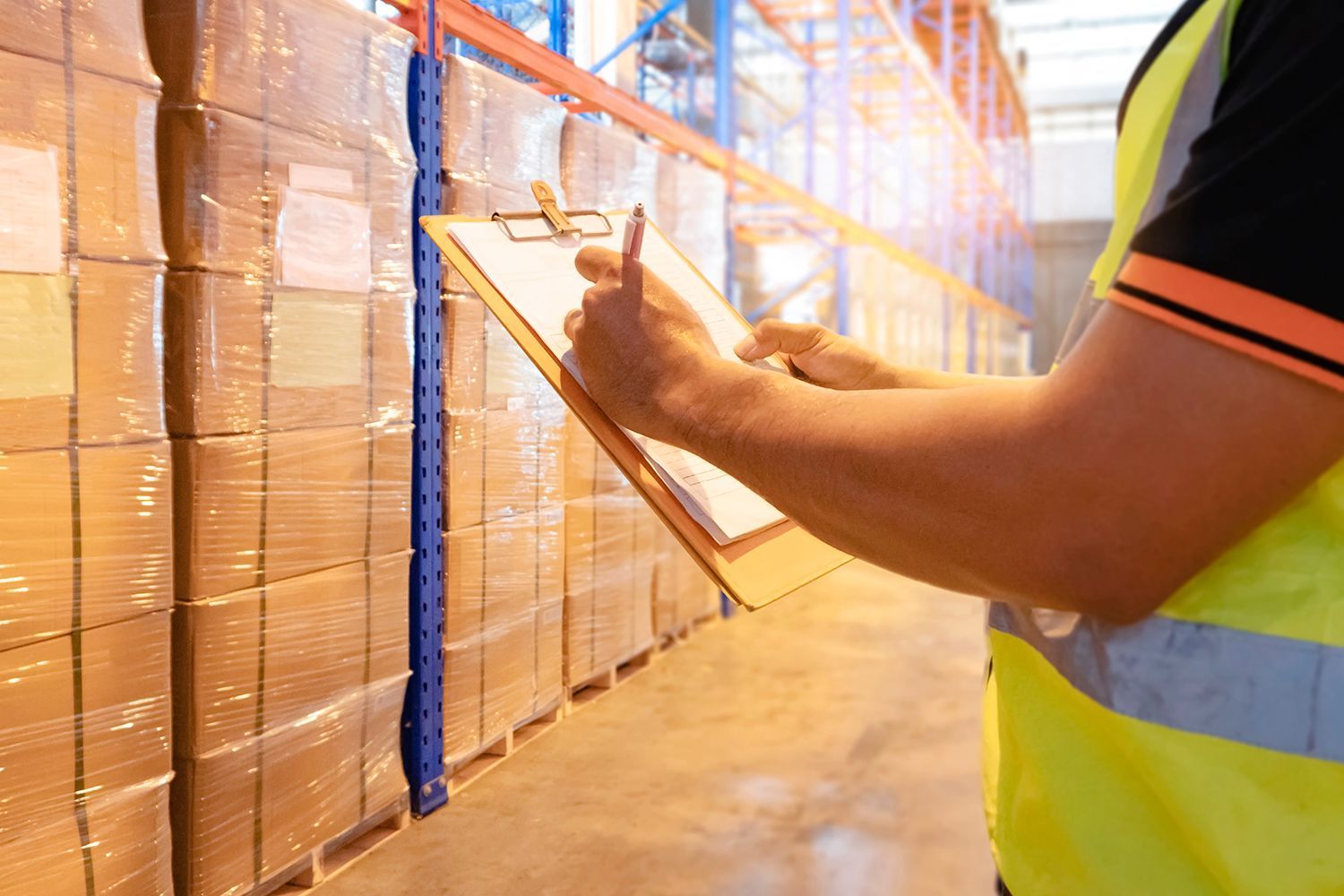
Australian Locations
Brisbane: +61 7 3866 7900
Sydney: +61 2 9700 1402
Sunshine Coast: +61 7 5471 7933
Quick LINKS
Our Services
Contact Information
729 -739 Macarthur Avenue Central Pinkenba Qld 4008
© 2024 All Rights Reserved | Vision International Logistics |
Privacy Policy
|
Standard Trading Conditions
| Website by
Octopus Digital
| Website Marketing by
Shark Digital

